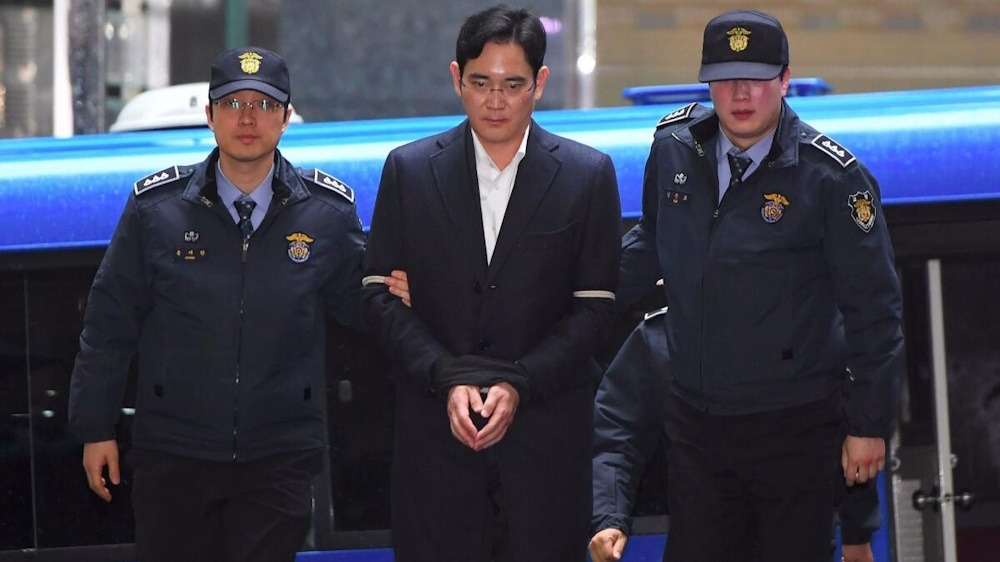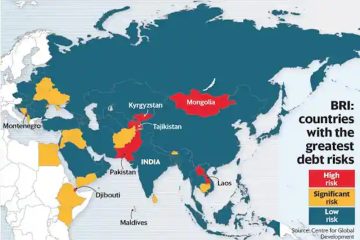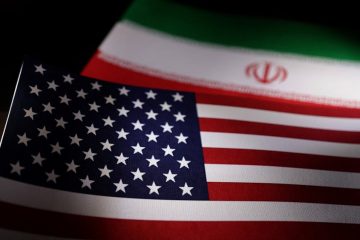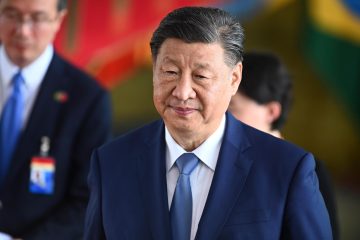The 68-Square-Foot Jail Cell Entrepreneur Who Run His Empire

Lee Jae-yong, executive chairman of Samsung Electronics, was found guilty of bribing a previous president of South Korea. As a result of a previous merger between two Samsung companies, he was accused of accounting fraud and manipulating stock prices. Along with that, he faced charges for illegally administering the sedative propofol. He served about 560 days in prison over the last decade on two different convictions related to bribery. During this time, he maintained his position as CEO of the electronics behemoth.
He is now free of criminal accusations, which is a first for Samsung’s CEO.
Lee, who is 55 years old, is both famous and the wealthiest individual in South Korea. The local press keeps a careful eye on him. The beanpole padded vest he wore to the airport, which is owned by Samsung, sold out on the internet in an instant. The locals have taken notice of Lee’s choice of eyeglasses—the Silhouette brand from Austria—and have rushed to purchase the American brand Softlips lip balm that he was spotted applying during a televised parliamentary meeting. Not long ago, word got out about his daughter’s plans to intern at a nonprofit in Chicago during the summer.
His final remaining counts of accounting fraud and stock manipulation were all dropped this month by a Seoul court. Experts in the field of law believe that the likelihood of his return to prison is minimal, even if the higher court were to issue a different verdict in response to the prosecution’s appeal. Since his bribery conviction in 2022, Lee has maintained his innocence and denied any wrongdoing related to the financial charges. In 2021, he settled the narcotics charges with a fine.
Lee was not made available for an interview or comment by a Samsung Electronics spokeswoman.
Lee appeared ready to take Samsung to new heights in 2014 when his father, a legendary hard-charging CEO of Samsung, fell ill. Starting at a young age, he was prepared to take charge of Samsung Electronics, the most prominent division of South Korea’s massive conglomerate and a global leader in memory chips, smartphones, and televisions. He is bilingual (English and Japanese), has a Harvard degree in business administration, and goes by a Westernized name (“Jay Y.”) when he is abroad.
Prison visits from executives
At the Seoul Detention Center, on the other hand, senior Samsung executives were frequent visitors to Lee’s 68-square-foot cell—about half the size of a typical U.S. parking space—during his bribery trial. Aside from a television (manufactured by LG, a competitor of Samsung), he also had a folding bed, table, chair, sink, and toilet. Lee remained ensnared by legal complications long after his prison term ended. Lee, who is on trial for accusations related to the 2015 merger of two Samsung affiliates, has been making weekly court appearances for the past three and a half years.
Although there are CEOs and senior managers in charge of each of Samsung’s divisions, the company’s overall strategy is determined and approved by Lee, the top executive.
After a ten-year hiatus, Lee is back at full steam ahead with his business endeavors. However, his employer, Samsung Electronics, recently reported its lowest annual results due to a decline in its memory-chip division and a shakeup in the semiconductor market. In terms of smartphone shipments, Apple has recently passed Samsung to become the market leader. SK Hynix has jumped the gun in its partnership with Nvidia, providing AI systems with customized memory chips. The lead in contract chip manufacturing has been extended by Taiwan Semiconductor Manufacturing Co. After seven long years, Samsung finally made an acquisition.
Lee paid a visit to a Samsung SDI battery factory in Malaysia a few days after his recent acquittal. Keeping an eye on results in the near future was his main message to the staff. He urged risky investments and transformation.
Problems, he said, “must not intimidate” them.
It was always clear that Lee would assume control of Samsung. The fact that he is the only male to be appointed chairman of Samsung (his two sisters are heads of Samsung affiliates) is a holdover from the days of the chaebols, South Korea’s long-standing family-run businesses. In order to distribute funds and quell labor unrest, the government kept tight relationships with a small number of mega-firms like Samsung as the country rose out of postwar poverty.
Government and business have frequently become one and the same. A number of former chaebol leaders were found guilty of white-collar offenses that involved prominent politicians. President Trump pardoned most of the business magnates in an effort to boost the economy and, in Lee Kun-hee’s instance, secure the 2018 Winter Olympics for South Korea. Business organizations lobbied for Lee Jae-yong’s pardon after he threatened to jeopardize South Korea’s position as a global leader in semiconductors and other critical industries if he were to step down. The pardon was a response to the country’s dire economic circumstances.
Following Lee Jae-yong’s recent acquittal, the tolerance exhibited to chaebol CEOs was once again attacked by South Korean corporate-governance specialists, foreign investors, and local civic groups.
Solidarity for Economic Reform, a South Korean citizen group, claimed that the verdict twisted fundamental facts to vindicate Lee and Samsung, calling it an unprecedented “let Samsung off the hook” finding.
The Samsung Republic
One name for South Korea is the Republic of Samsung. Countless companies in industries as diverse as credit cards, biopharmaceuticals, and amusement parks are its affiliates. It is possible for a South Korean to be born and laid to rest in the same Samsung hospital and funeral home. In terms of the country’s benchmark Kospi index, Samsung Electronics accounts for about 20% on its own.
The local reputation of either Lee or his firm has not been severely damaged by their legal troubles. In 2022, his pardon had the support of over 75% of South Koreans.
In 1998, Lee tied the knot with Lim Se-ryung, who was the heiress of Daesang Group, a massive food-business empire in South Korea. They are parents of a U.S.-born boy and a South Korean-born daughter who each hold dual citizenship. Lim has been in a public relationship with Lee Jung-jae, who stars in the Netflix smash “Squid Game,” since the couple’s 2009 divorce.
Lee is not paid a salary. Having served as vice chairman from 2012 to 2022, he was promoted to executive chairman in October of that year.
There are a lot of people that are worried about me, have criticism, and have high expectations. In 2021, after being paroled for the bribery accusation, Lee had promised reporters, “I will do my best.” He had just left the Seoul Detention Center.
In the past few years, Lee has managed to fit in over a dozen visits around his court hearings. One of these excursions was a state visit to the Netherlands in December, during which he and South Korean President Yoon Suk Yeol discussed semiconductors. Along with visiting Samsung affiliates in South Korea and abroad, he has also given brief, inspirational speeches to staff.
Lee urged Samsung to “innovate continuously and invest pre-emptively to develop capabilities that no one can surpass” during a February 2017 visit to the screen manufacturing plant in Asan, South Korea.
Lee has been hosting or traveling with some of Samsung’s important business partners after his release from prison. These include Sundar Pichai, CEO of Google, Satya Nadella, CEO of Microsoft, and Masayoshi Son, founder of SoftBank.
His dad passed away in 2020, and his manner is a stark contrast to his bossy dad’s. While Lee Kun-hee was at the helm, Samsung transformed from a maker of imitation electronics into Apple’s main competitor in the smartphone market and became a leading manufacturer of memory chips. “Change everything except your wife and children.” He reportedly gathered high-ranking Samsung officials, torched a stack of company mobile phones in rage, and issued that famous instruction.
Corporate governance expert and professor at Korea University in Seoul Mike Cho predicted that Lee will now actively seek out large investments or structural reforms to demonstrate his capabilities in the absence of legal constraints.
The general consensus is that he should take the initiative and shine like a major IT leader. I expect him to behave more similarly going forward because he is aware of that, Cho added.










